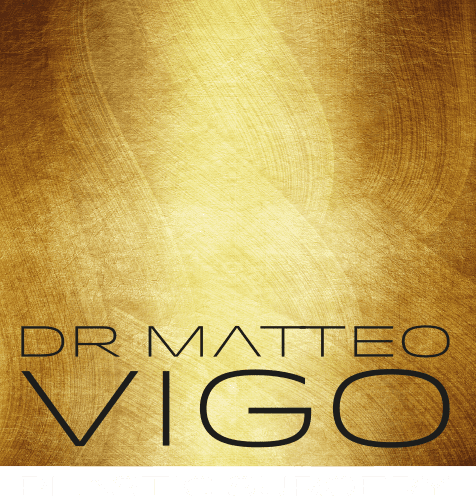WHAT WILL YOUR BREAST AUGMENTATION ENTAIL?
Breast Augmentation Dubai | 8 June 2019
Before your surgery, gather information on what to expect before, during, and after the procedure. Knowing what will happen to your body will allow you to prepare mentally, physically, and emotionally, leading to a better outcome.
Before Surgery
Before your breast augmentation surgery, you will meet with your surgeon and choose the ideal implants for your body, desired results, and lifestyle. If you desire a natural look and natural feel, your doctor will most likely recommend structured breast implants. Your surgeon should talk you through the procedure and answer any questions you have. If your surgeon ever makes you feel uncomfortable or refuses to answer important questions, consider looking for a new surgeon.
During Surgery
Breast augmentation surgery typically takes a couple of hours and, as long as there are no complications, you should be able to go home the same day. During the operation, you will be put under general anesthesia or IV sedation. Your surgeon will make one of the following incisions to place the breast implants:
– Inframammary – under the breast fold
– Transaxillary – under the arm
– Periareolar – around the nipple
Your surgeon will place the implants either below the chest wall muscles (submuscular) or above them (subglandular). Your surgeon will then close the incision with tape, stitches, or glue.
Post-Op
Breast augmentation surgery typically does not require an overnight stay at the surgery center or hospital. Be sure you have a friend or family member available to bring you home, which should be an hour or so after surgery. Your breasts will be wrapped with gauze and a bandage or support bra. It is important to follow all your surgeon’s post-op instructions for the best possible outcome. Wear your support bra and rest for as long as your surgeon recommends, take any medication prescribed, and be aware of the signs of infection. Call your doctor immediately if you have any concerns, or visit the ER if you believe it is an emergency. After the first week, the worst of the pain should be gone, but swelling and soreness will remain for a few weeks. Following your surgeon’s instructions for limiting activities, exercising, and follow-up visits will ensure you end up with the ideal implants for years to come.
